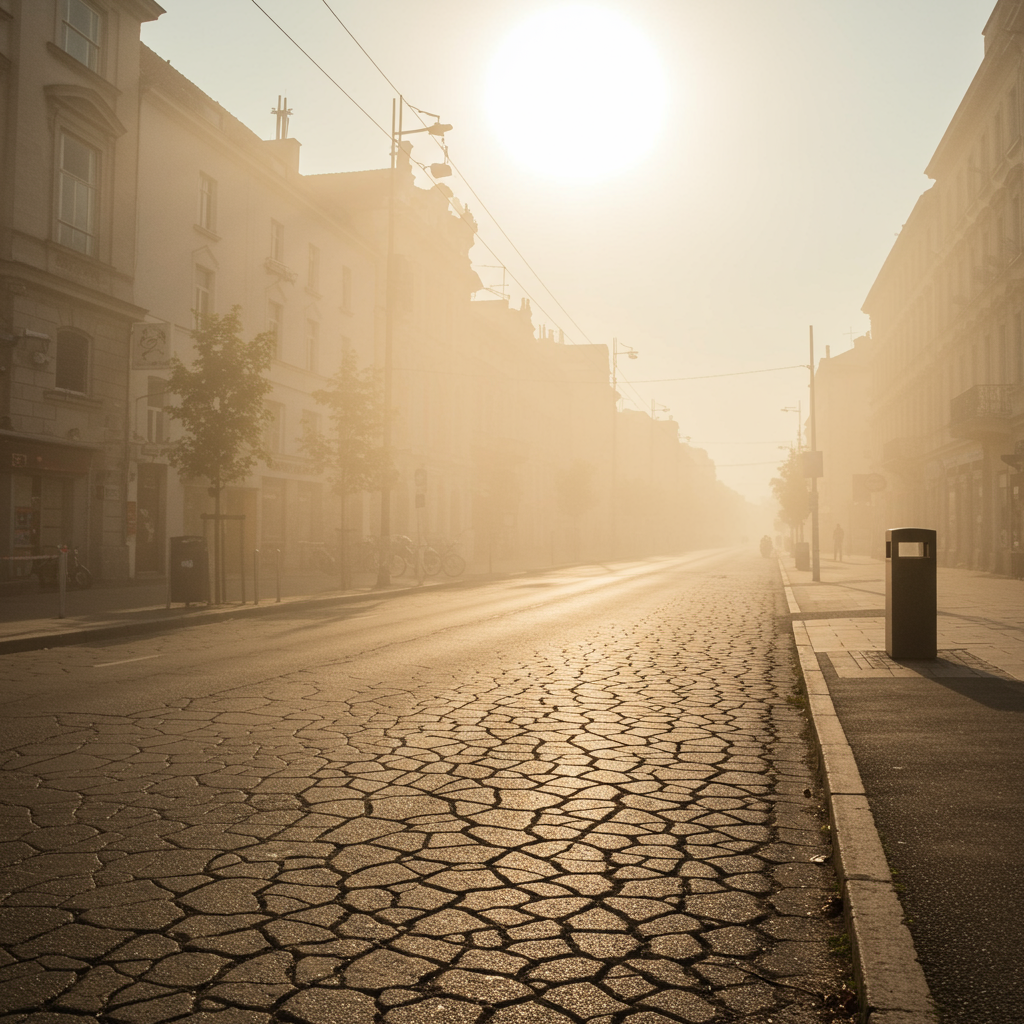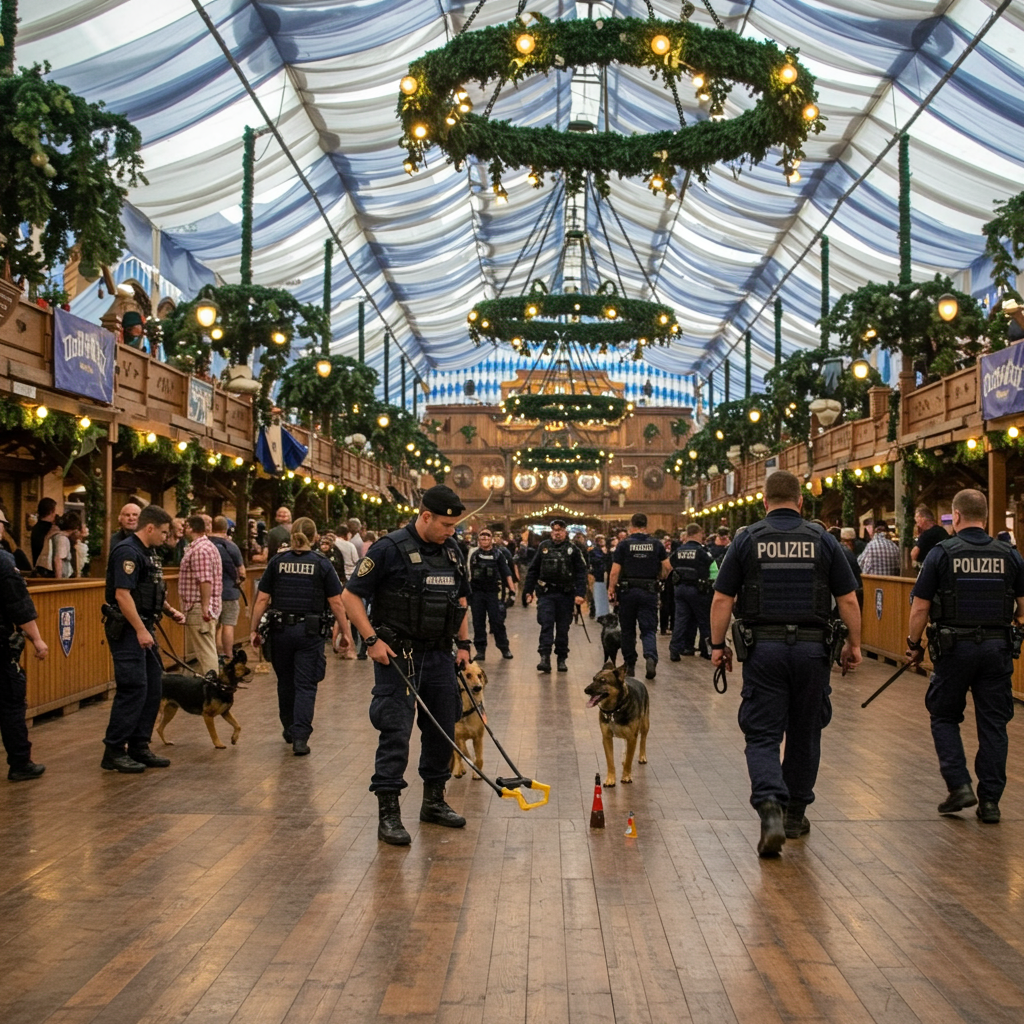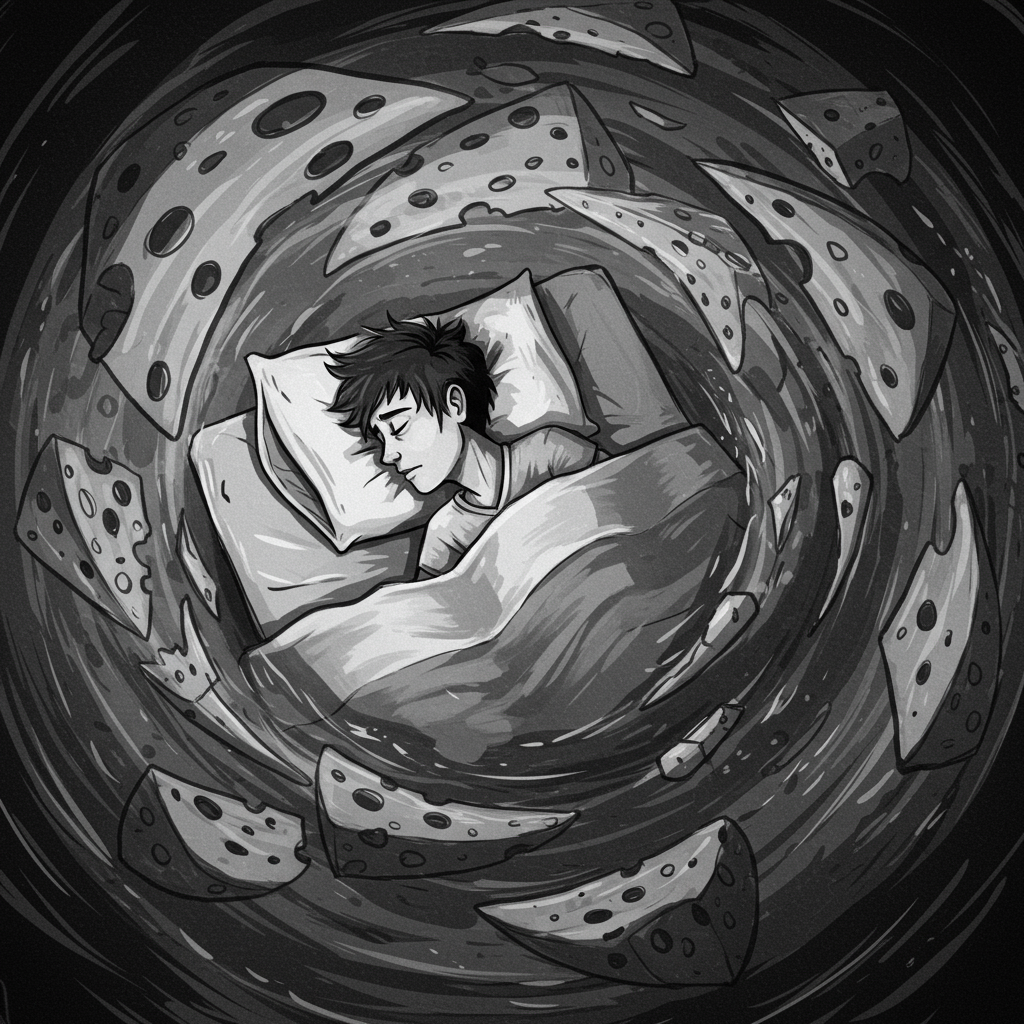A Frail Life Finds Hope: Baby Siwar’s Evacuation from Gaza
The sound was barely a whisper, a frail cry carried on the air, yet it announced the arrival of Siwar Ashour even before she was seen. This cry, weak but resilient, belonged to a baby born into war – a child who, for a precious while, had finally managed to escape it.
Six-month-old Siwar is heartbreakingly small, her physical presence tinier than any photograph can truly convey. Weighing just 3kg (6.6lb), she is roughly half the weight a child her age should be. Her severe malnutrition is a stark illustration of the dire conditions facing children in Gaza. Siwar requires a special milk formula due to a severe allergic reaction, a necessity made almost impossible to meet amidst the conflict and restrictions on aid. Her mother, Najwa, 23, was also malnourished and unable to breastfeed, compounding the crisis.
The Journey to Safety
Joined by her blind father Saleh and grandmother Reem, Siwar was among 16 Palestinian children evacuated to Jordan on a recent Wednesday. The journey, part of a humanitarian initiative, represented a desperate bid for the medical care unavailable in Gaza’s shattered healthcare system.
Crossing the border brought immediate, profound relief. “It feels like there is a truce,” Najwa told reporters, a smile touching her exhausted face. “We will spend our night without rockets and bombing with God’s will.” Her father, Saleh, voiced the singular focus of the journey: Siwar. “The first and last goal of this trip is Siwar,” he said, his voice filled with worry for his “own flesh and blood.” He recounted being separated from Najwa and Siwar for two months after she took their daughter to hospital, only gradually realizing the severity of Siwar’s condition.
It was Siwar’s grandmother, Reem, who carried her fragile granddaughter off the bus onto Jordanian soil. Overcome with emotion, she formed her fingers into a V sign of victory. “Until now I can’t believe that I have arrived in Jordan,” Reem exclaimed. “I saw King’s Abdullah’s photo at the border and I felt so happy I got off the bus and made the sign of victory…for the sake of Siwar.”
Gaza’s Healthcare Collapse and a Path Out
Siwar’s struggle highlights the catastrophic impact of the conflict on health and nutrition in Gaza. When the BBC first reported on her case in April at Nasser hospital in southern Gaza, she weighed just over 2kg (4lb 6oz) at five months old. Doctors described her emaciated state. While attempts were made to secure formula through efforts like the Jordanian Field hospital and private fundraisers, the limited access to aid due to blockades and ongoing military operations meant her complex condition needed more comprehensive care.
Gaza’s medical facilities are overwhelmed, unable to cope with the scale of sickness and war-related injuries. Recognizing this crisis, Jordan’s King Abdullah and then-US President Donald Trump announced a deal in February offering to bring 2,000 seriously ill Palestinian children to Amman for treatment. Since this program began in March, 57 children and 113 family escorts have been evacuated, including Siwar and the others who arrived on Wednesday.
Escaping the Unending Trauma
Upon arrival at the Jordanian border, the children and families were guided into an air-conditioned hall, a scene of relative “peace and plenty” with drinks and food provided by Jordanian medics. Yet, beneath the surface of relief lay visible exhaustion and a shared sense of trauma.
These families carry the weight of repeated displacement, forced to flee by evacuation orders, and the daily struggle to find basic necessities, queuing for hours for inadequate food supplies. For many, loss is personal – if they haven’t lost family, they certainly know friends and relatives killed in the conflict. The constant sounds of war – artillery, rockets, bombs – have a profound impact, even on infants like Siwar, who her mother says startles and cries, waking abruptly from sleep at the noise. The reality on the ground often contradicts claims of sufficient aid entering Gaza; aid agencies, the UN, and several governments, including Britain and the US, have described the limited aid as a mere “teaspoon” amidst overwhelming need.
The journey from the border to Amman provided a snapshot of the wider suffering. Siwar and her family shared an ambulance with two young boys battling cancer, their mothers, and younger siblings, one of whom cried continuously, tired and afraid. Najwa, who is pregnant, fell into a deep, needed sleep. Siwar remained awake, held securely in her grandmother’s arms.
After an hour, they reached Amman. Siwar was gently transferred to a nurse and onto another ambulance, destined for the comprehensive testing and specialized treatment that is simply impossible under current conditions in Gaza. For Siwar, this marks a critical turning point. For her mother, father, and grandmother – those who watch over her with such deep love – it means, at least for now, the possibility of finally sleeping without fear.



